Interesting facts about the vagina begin at birth and inform everything from comfort to contraception. Taking us beyond myths—revealing a self-cleaning environment, elastic walls, and the hidden breadth of the clitoris. reveals just how extraordinary this part of human anatomy truly is. Beyond its reproductive role, the vagina boasts incredible biological superpowers—from self-cleaning abilities to pH-balancing acts worthy of a chemistry medal.
interesting facts about the vagina start from anatomy and physiology to everyday functions. Here are 12 standout truths:
Table of Contents
The Vagina Cleans Itself
One of the most important interesting facts about the vagina is that it’s naturally self-cleaning—douches are unnecessary!

A healthy vagina maintains a slightly acidic pH (3.5–4.5) using beneficial bacteria called lactobacilli. These microbes produce lactic acid, preventing infections like bacterial vaginosis. Disrupting this ecosystem with scented soaps or douching can cause irritation. Stick to gentle external washing with water!
Vaginas and Sharks Have Something in Common
Another surprising interesting fact about the vagina is its structure—folded ridges, similar to shark skin.

Believe it or not, vagina and sharks both contain squalene, a natural lubricant. While sharks use it to help them float, the vagina uses it as part of its natural lubrication. This natural emollient keeps vaginal tissues moist and supports smooth function. Squalene’s also used in cosmetics—proof that your body’s wisdom beats lab-made solutions.
The Vagina Can Stretch Like Chewing Gum
Childbirth? Arousal? The vagina handles it all. Fun fact: Up to 79% of vaginal births involve tearing, yet ample blood supply ensures rapid healing.
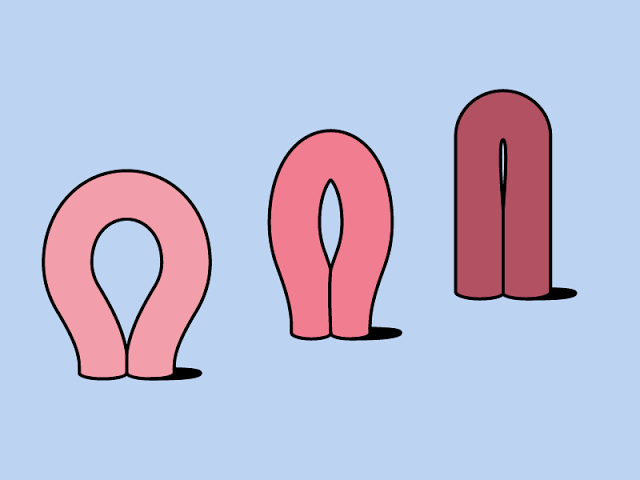
The vagina may look small when relaxed, but it can expand more than double its size during sex and childbirth. Afterward, it shrinks back to its usual shape. So no, having sex won’t make you “loose” and childbirth won’t “destroy” your vagina. Your pelvic muscles might feel weaker, but regular kegel exercises can help keep everything firm.
Vaginas Have Their Own Unique Scent
It’s a notable interesting facts about the vagina that every woman has a signature vaginal scent shaped by bacteria, pH, and hormones. Your scent is like a fingerprint—totally normal.
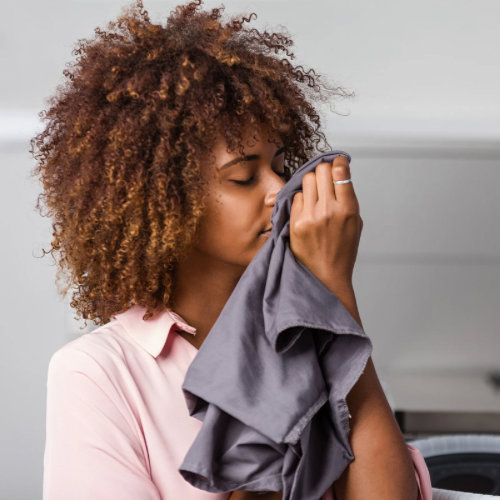
Forget what movies and the beauty industry tell you. Vaginas are not supposed to smell like flowers or vanilla. A healthy vagina has a natural scent that changes based on your diet, hormones, and menstrual cycle. A slight odor that isn’t foul smelling is normal. If it suddenly smells fishy, rotten, or too strong, it is a sign of an infection and you need to see a doctor.
The Clitoris is Way Bigger Than You Think
The visible tip is just 10% of this pleasure powerhouse. Truly one of the amazing interesting facts about the vagina.
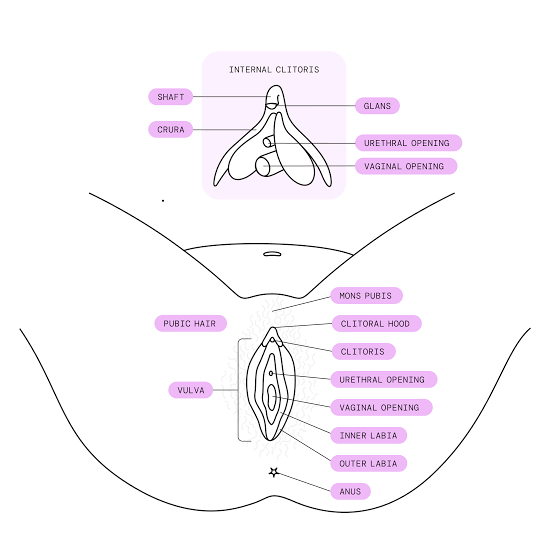
What you see on the outside is just the tip of the iceberg. The clitoris extends deep inside the body, wrapping around the vaginal walls. In fact, the entire clitoris is almost the size of a small cucumber. So when people say it’s just a “tiny button,” they don’t know what they’re talking about.
The Vagina Has a pH Level Similar to Wine
Your vagina’s acidity rivals a crisp Sauvignon Blanc. Menopause raises pH, increasing vulnerability. Preserve balance by skipping alkaline soaps—water is your best cleanser.

A healthy vagina has a pH level of 3.8 to 4.5, which is about the same as a glass of wine or a tomato. This acidity helps keep bad bacteria away and prevents infections. But if you notice unusual smells, irritation, or discomfort, your pH might be off. Common causes include unprotected sex, douching, or taking antibiotics.
Orgasms Can Relieve Period Cramps
Another pleasant interesting facts about the vagina: orgasms release hormones that ease uterine tension. Whether solo or partnered, orgasms boost pelvic blood flow, easing menstrual discomfort. Bonus: They also aid sleep!
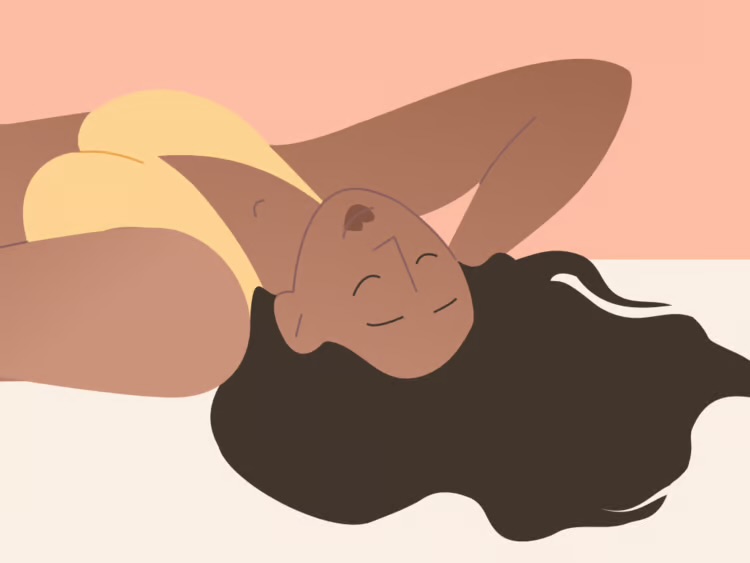
Next time you’re curled up in pain during your period, try having an orgasm. When you orgasm, the muscles in your uterus contract and then relax, which can help reduce cramping. Plus, orgasms release endorphins, your body’s natural painkillers.
The Vagina Can Swallow Objects
A surprising and sobering interesting fact about the vagina: small objects can get lodged during activities.
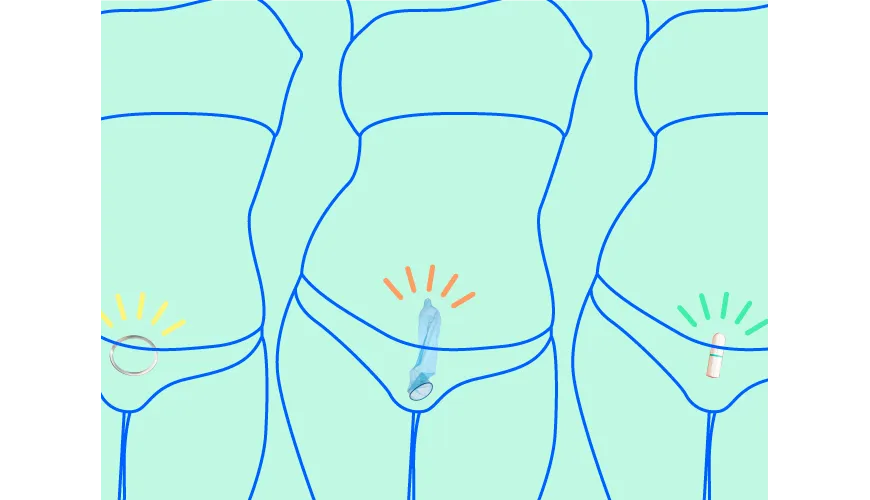
If you’ve ever heard someone say “the condom disappeared inside me”, they’re not lying. Tampons, condoms, or small sex toys can sometimes get stuck in the vagina if pushed too far inside. If this ever happens, stay calm, squat, and try to push it out. If that doesn’t work, see a doctor. Note: Forgotten tampons emit a rotten smell—change them regularly!
Vaginas Can “Fart”
“Queefing” happens when air enters the vagina during movement or sex.

Ever heard a weird sound from down there during sex or when squatting? That’s called queefing. It happens when air gets trapped inside the vagina and then comes out like a fart. It’s totally normal and not a sign of looseness.
The Vagina Can Fall Out
A serious interesting fact about the vagina: after childbirth or with aging, pelvic organs can prolapse. “Falling out” sounds scary, but help exists.
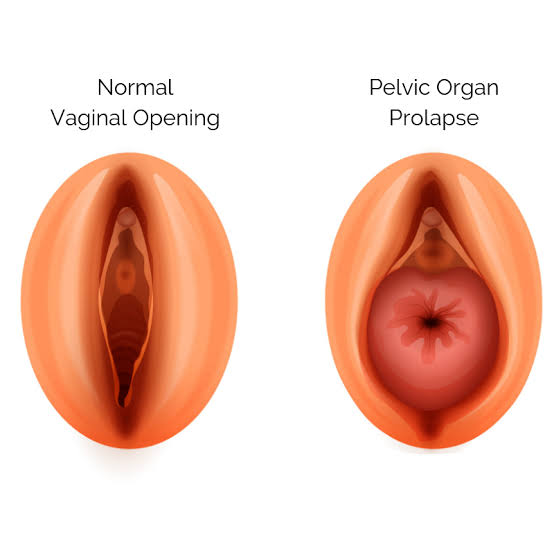
It sounds scary, but vaginal prolapse is a real condition. This happens when the muscles supporting the vagina weaken so much that the vagina drops down or even sticks out of the body. It’s more common in women who have had multiple vaginal births or have weak pelvic floor muscles. Doing kegel exercises regularly can help prevent this from happening.
The Vagina Can Trap a Penis
It’s an involuntary muscle response, not harmful—but can cause discomfort, requiring gentle reassurance or therapy.

Yes, this is a real thing. Sometimes during sex, the vaginal muscles can tighten so much that they clamp down on the penis and make it hard for the man to pull out. This is called vaginismus or penis captivus. It’s rare, but it can happen if the vaginal muscles spasm suddenly. The best thing to do is relax and wait for the muscles to loosen up.
The Vagina Can Lift Weights
Vaginal weightlifting is real—and beneficial!
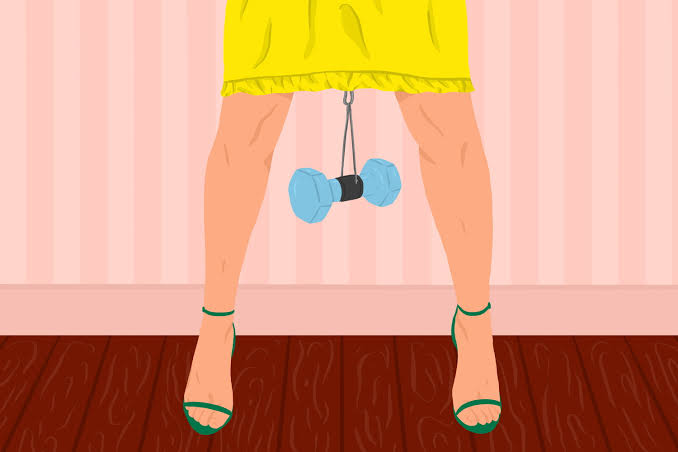
This might sound impossible, but some people train their vaginal muscles to lift objects. By practicing vaginal weightlifting, some women can lift small weights, fruits, or even glass bottles using their pelvic muscles. This is just an advanced form of kegel exercises and helps improve vaginal strength and control.
Vaginas Can Change Color
A final interesting fact about the vagina: tissue color shifts with blood flow, hormones, and arousal.

Your vaginal area isn’t always the same shade—it can darken due to hormonal changes, arousal, or aging. During sex, the color of a vagina can appear more reddish or purplish due to increased blood flow to the area, causing the pussy lips to become swollen.
Why These Interesting Facts About the Vagina Matter
Self‑care: Knowing these interesting facts about the vagina helps avoid unnecessary douching or wrong products.
Awareness: Recognizing normal scents, colors, and stretch capacity reduces worry.
Empowerment: Understanding internal anatomy like the clitoris or pelvic floor fosters body positivity.
Health: Early signs like scent changes or prolapse alert you to see a doctor.
The interesting facts about the vagina highlight an organ that’s self-cleaning yet sensitive, elastic yet strong, and uniquely individual. Embracing these truths leads to better health, confidence, and intimate wellness—for yourself and your loved ones. It’s time to stop treating it like a mystery and start appreciating how amazing it is.
Which of these facts shocked you the most? Let me know in the comments!


Leave a Reply